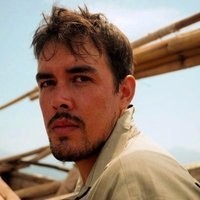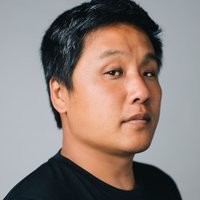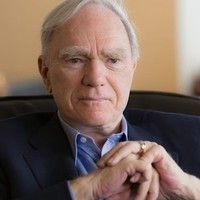She Walked Out of a Crashing Plane Into the Air and Pulled the Parachute
On the tragic flood of elder death in the wake of COVID-19.
And as time arcs and stops and speeds and slows now, I watch myself ride the agony of the death. It’s not out of resistance, exactly, but a need to inquire into both time’s speed and the callous logic, basically eugenicist, that on bad days, the rest of the world seems to hold: that she was old enough to die this way.















